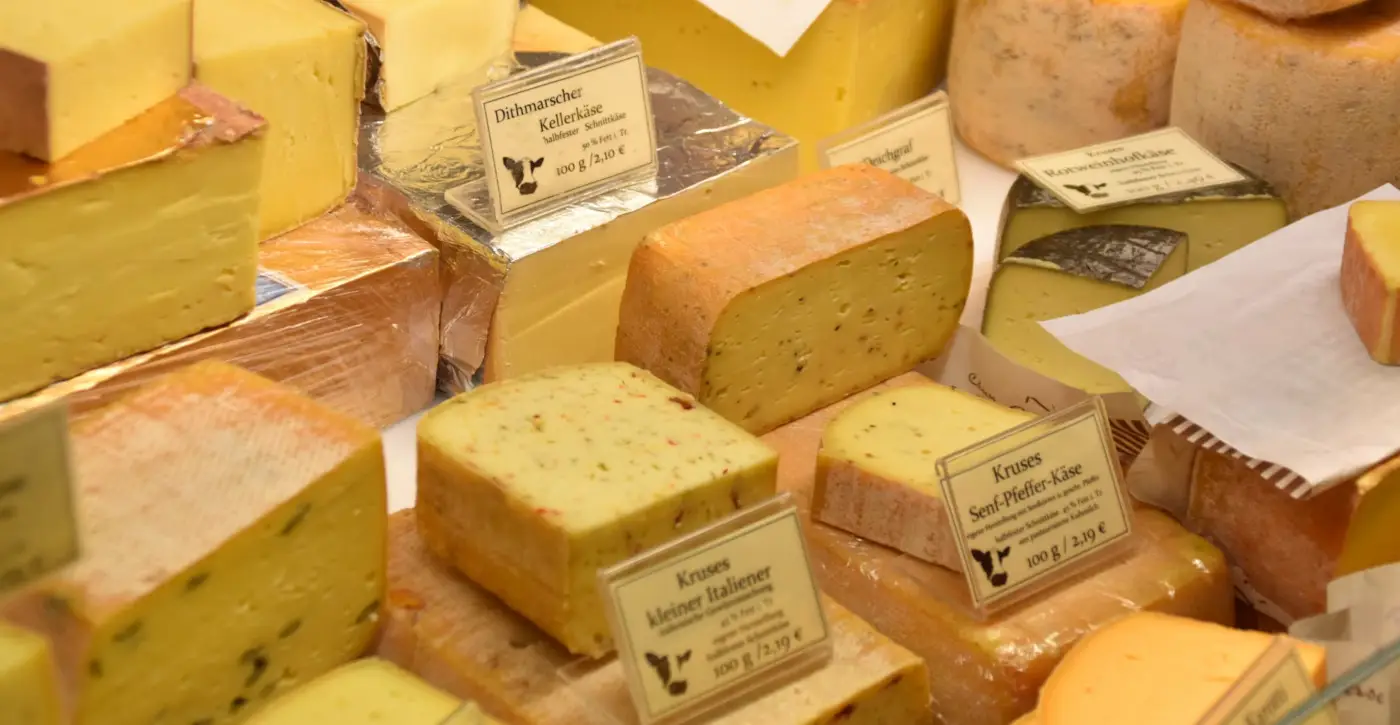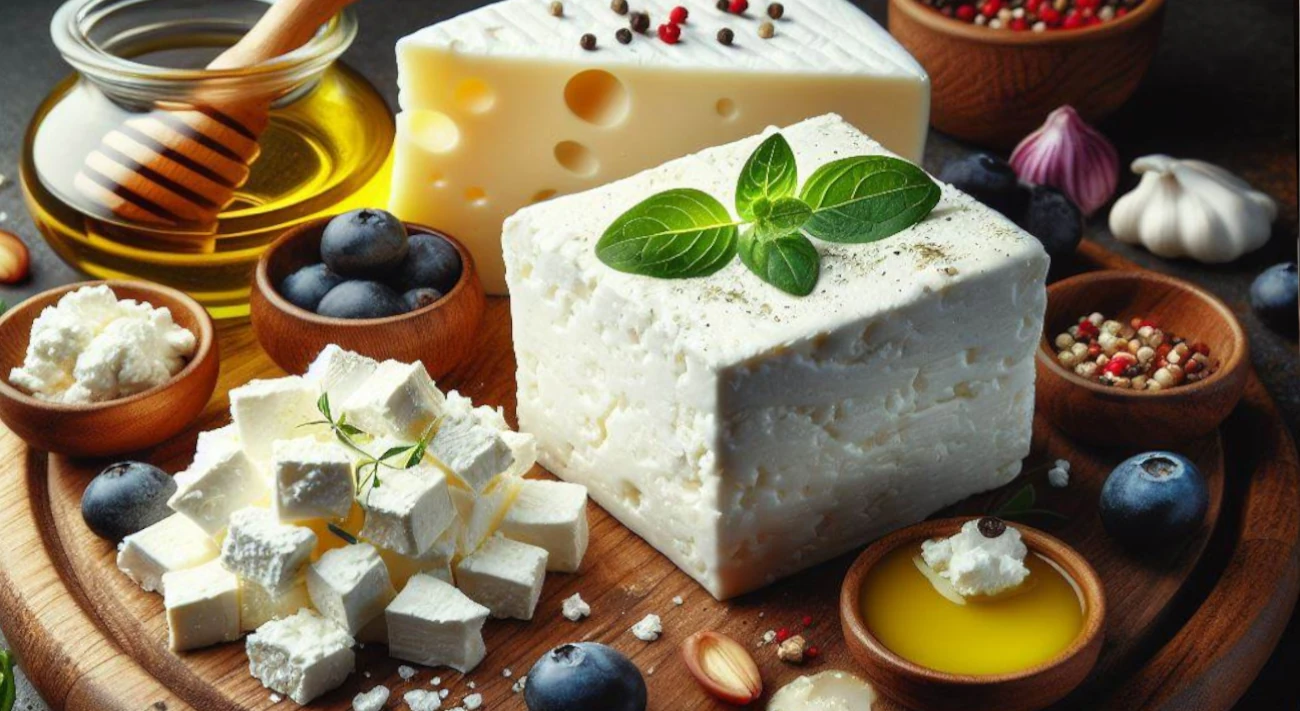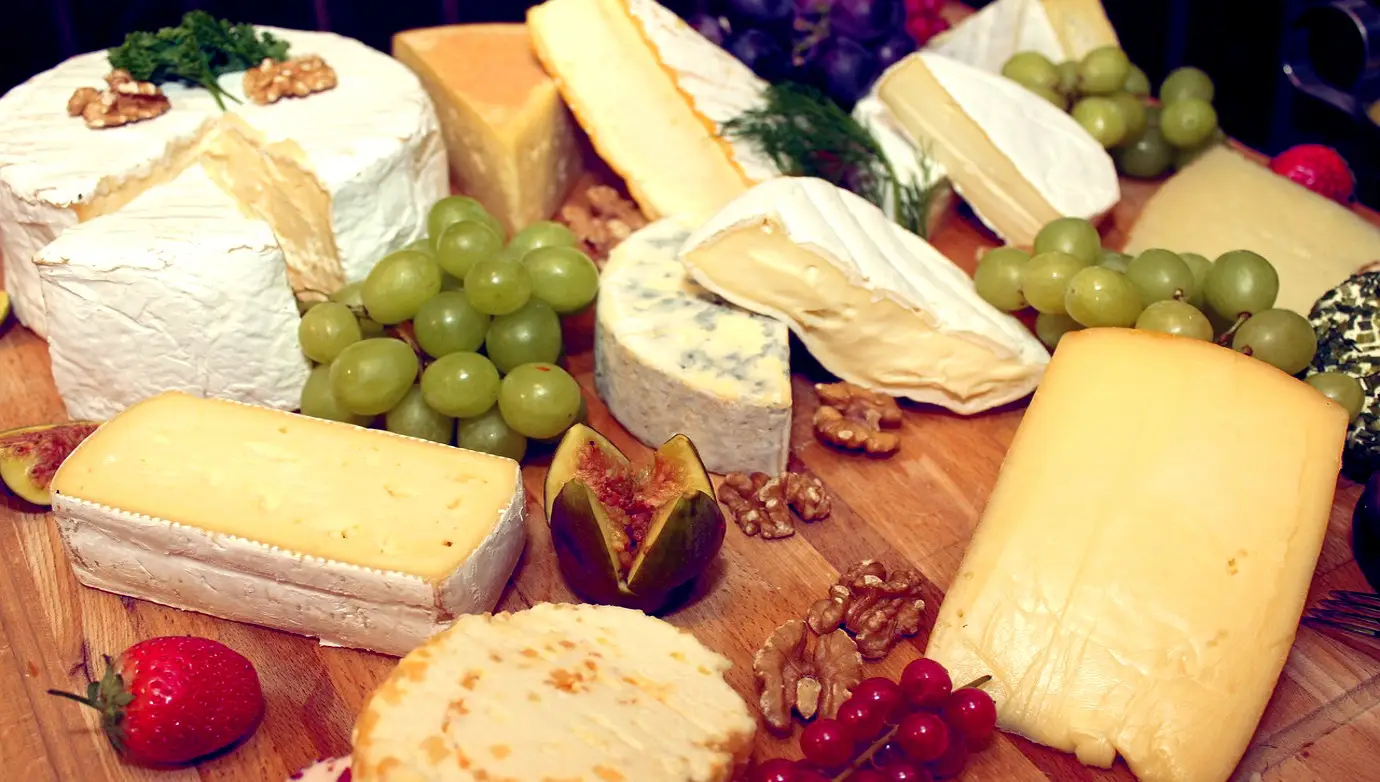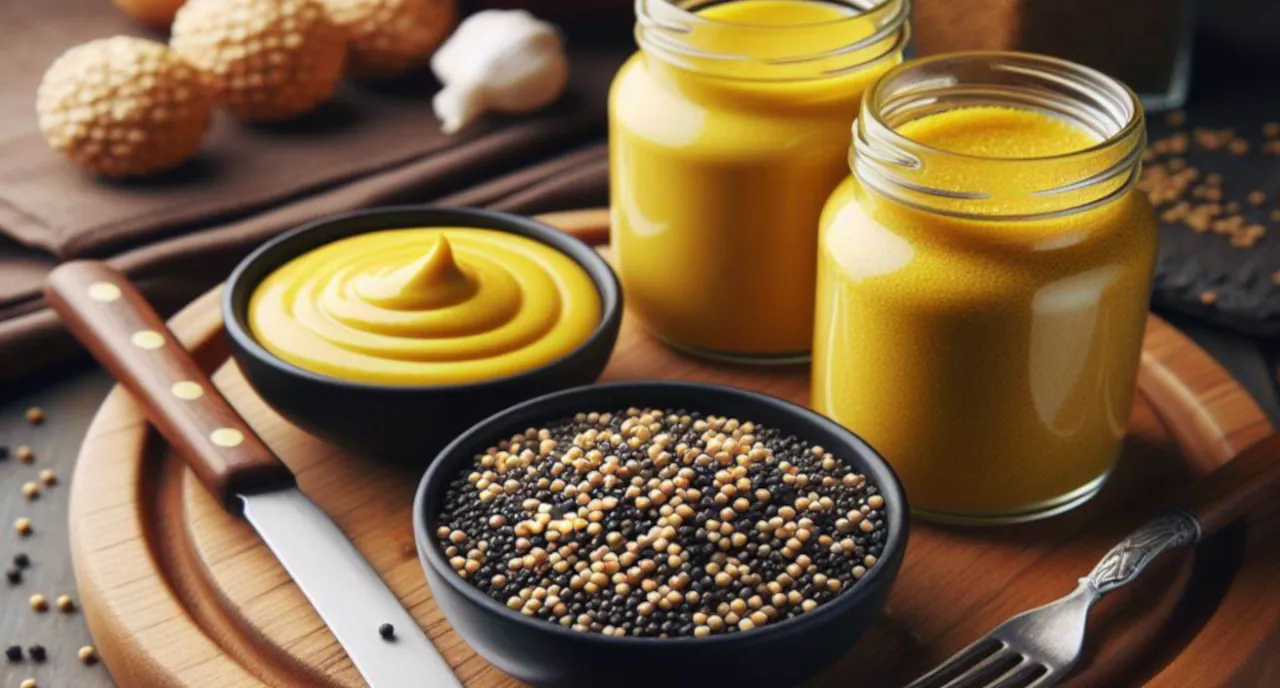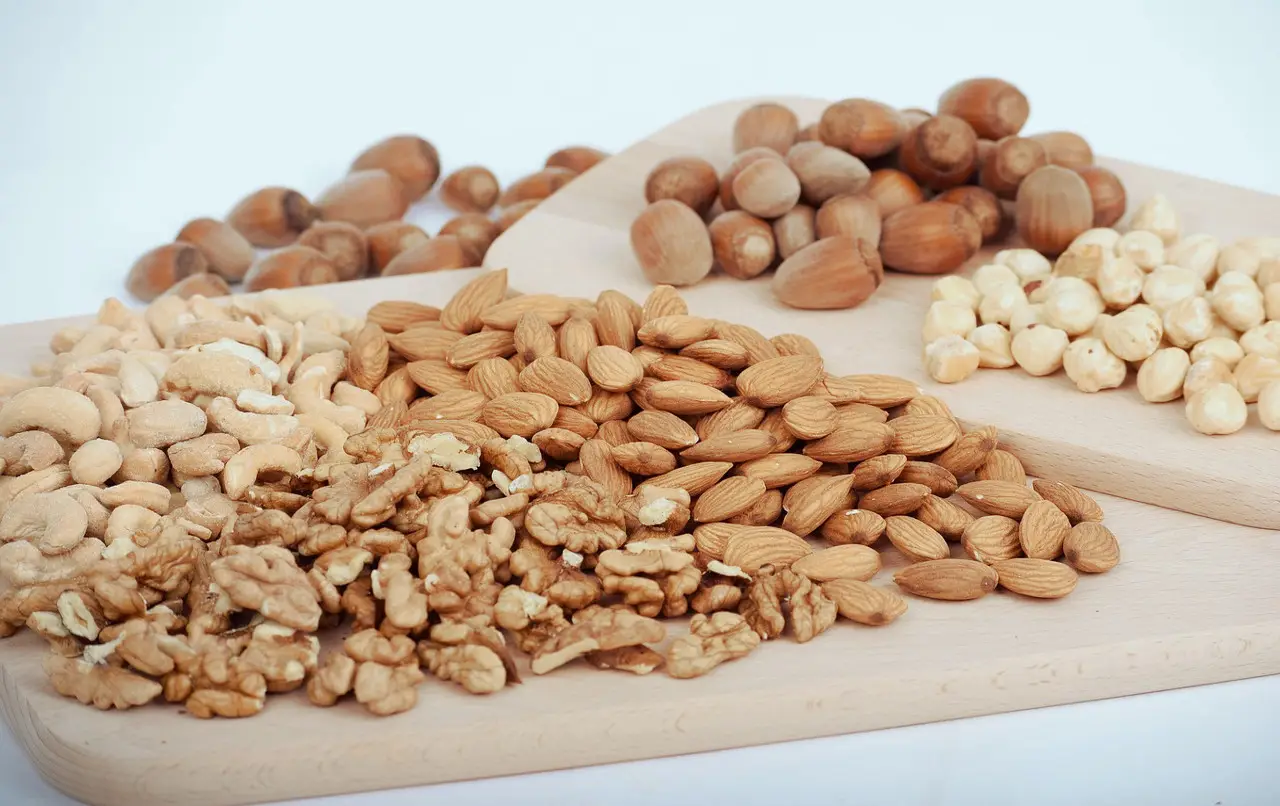Whole Milk Lysine and Arginine Info Sheet
Overview
Whole milk is a dairy product that is made from cow’s milk that has not had any of its fat removed.It has a thick, creamy texture and a slightly sweet flavor. It is often used as a drink, a cereal ingredient, or a coffee additive.
Whole milk is high in fat, calories, cholesterol, and saturated fat, but also high in protein, calcium, and phosphorus.
It also contains probiotics, which are beneficial bacteria that can improve digestion and immunity.
| Name | Lysine (mg/100g) | Arginine (mg/100g) | Ratio |
|---|---|---|---|
| Whole Milk | 228mg | 104mg | 2.189 |
Whole Milk contains 228mg of Lysine and 104mg of Arginine per 100g of product.
This means Whole Milk has a very high Lysine-Arginine ratio of 2.189.
Because Whole Milk contains much higher levels of lysine than arginine, it is highly recommended for people who suffer from herpes, as it may prevent outbreaks.
Lysine Considerations
Whole milk is a good source of lysine, an essential amino acid that is important for protein synthesis, collagen formation, and immune function.
Lysine also helps prevent cold sores caused by the herpes simplex virus.
Lysine can help prevent or treat cold sores, which are blisters caused by the virus HSV-1, also known as herpes.
Lysine works by blocking the growth of HSV-1, which needs another amino acid called arginine to multiply and infect cells.
Lysine can only be obtained through diet, and can be found in multiple high-protein foods like dairy, fish, eggs, meat and poultry.
Arginine Considerations
Whole milk is also a good source of arginine, another essential amino acid that is involved in wound healing, nitric oxide production, and growth hormone secretion.
Arginine may also improve blood flow, lower blood pressure, and enhance sexual function.
Arginine has many functions in the body, including wound healing, helping the kidneys remove waste products from the body, and maintaining immune and hormone function.
Arginine also plays a role in the replication of the herpes virus, making it a key factor in cold sore outbreaks.
The herpes virus requires arginine to grow, replicate, and create new herpes viruses.
Foods abundant in arginine, such as nuts and chocolate, may increase the frequency and severity of these outbreaks.
Lysine-Arginine Ratio
Whole milk has a high lysine-arginine ratio, which means that it has more lysine than arginine.
This may be beneficial for people who suffer from herpes outbreaks, as lysine can inhibit the replication of the virus, while arginine can stimulate it.
However, the lysine-arginine ratio is not the only factor that affects herpes infection, and other dietary and lifestyle factors should also be considered.
Both lysine and arginine play crucial roles in protein synthesis and other metabolic activities.
Interestingly, they have contrasting effects on the herpes simplex virus, which is responsible for cold sores and genital herpes.
Lysine can inhibit the virus's ability to replicate, while arginine can promote it.
Consequently, consuming foods with a high lysine to arginine ratio may help decrease the frequency and severity of herpes outbreaks.
Foods with a high lysine-arginine ratio include milk, cheese and yogurt products, fish, poultry, fruits, and vegetables.
These foods can supply the body with sufficient lysine to block the virus's absorption of arginine, thereby preventing its growth and spread.
Dietary Considerations
Dairy is a broad term that includes milk and any of the foods made from milk, such as butter, cheese, ice cream, yogurt, and condensed and dried milk.
Dairy is a good source of lysine, an amino acid that can help to prevent herpes outbreaks.
Milk has a high lysine-arginine ratio, which means it has more lysine than arginine, another amino acid that can stimulate the replication of the herpes virus.
Products that contain milk, cream, yogurt, and cheese also have high levels of lysine and can benefit herpes flare up prevention.
That said, some dairy and dessert products may also contain high levels of sugar, fat, and calories, which can weaken the immune system and trigger outbreaks.
These products should be consumed in moderation and with caution by people with herpes.
Some dairy products that are a good source of lysine and scarce in sugar, fat, and calories are skim milk, low-fat yogurt, cottage cheese, and frozen yogurt.
Dairy-free alternatives to milk, such as oat milk, almond milk, coconut milk, and rice milk, may not contain such high levels of lysine as dairy products.
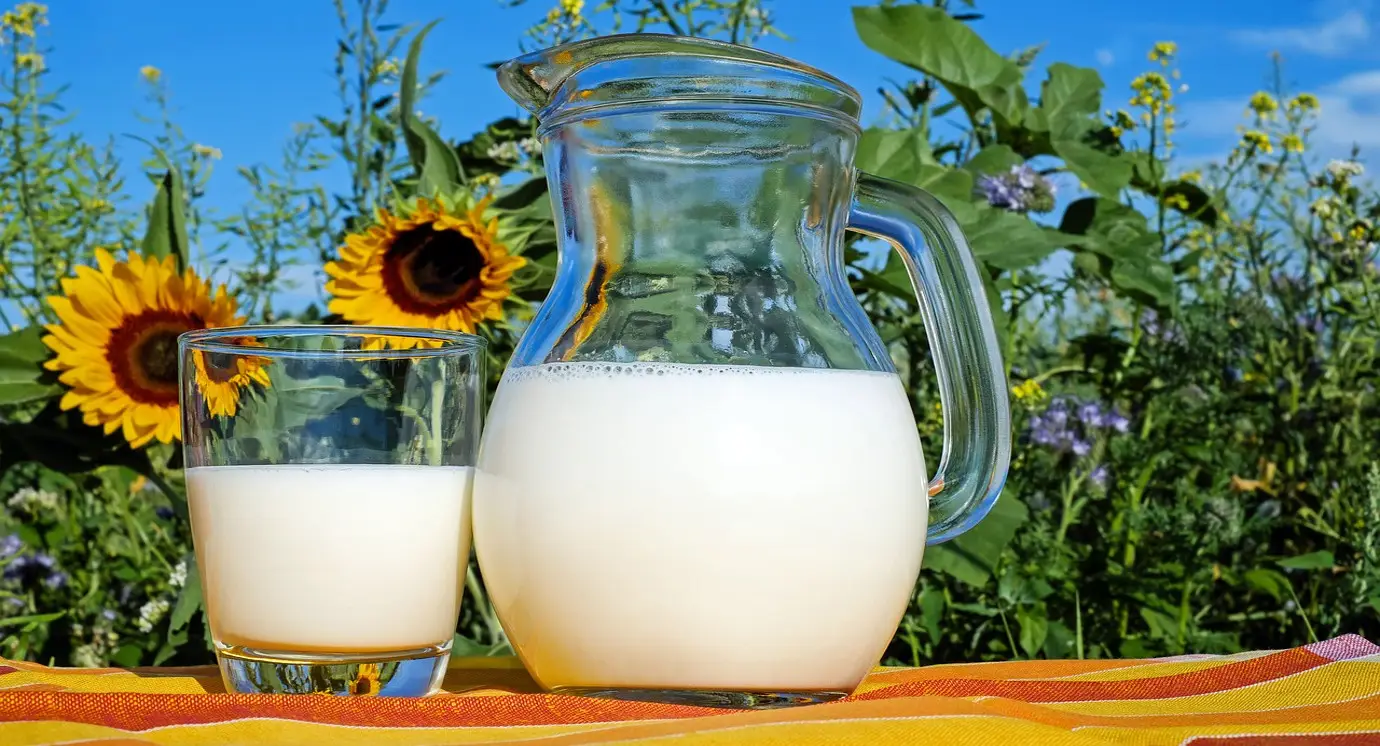
For example:
Eating a balanced and nutritious diet that supports your immune system and reduces inflammation.
This means consuming plenty of fruits, vegetables, whole grains, lean protein, and healthy fats, and avoiding processed foods, added sugars, alcohol, and caffeine.
Make sure to drink plenty of water to keep yourself hydrated and eliminate toxins from your body.
Water can also help you avoid dryness and irritation of the skin and mucous membranes, which can lead to outbreaks.
You may want to take l-lysine supplements.
L-lysine is known to prevent herpes outbreaks and it can help stop a cold sore in its initial stages by "starving" the virus of arginine before it has a chance to cause a cold sore.
Taking other food supplements that can improve your immunity and protect your cells from oxidative stress, such as vitamin C, zinc, selenium, and antioxidants.
Avoiding foods that can cause allergic reactions or sensitivities, such as gluten, dairy, nuts, eggs, or shellfish.
These foods can trigger inflammation and weaken your immune system, making you more susceptible to outbreaks.
Eating foods that can soothe your symptoms and speed up your healing process, such as honey, yogurt, aloe vera, and chamomile.
These foods have anti-inflammatory, antiviral, and antibacterial properties that can reduce pain, swelling, and itching, and promote tissue repair.
Check more food information
